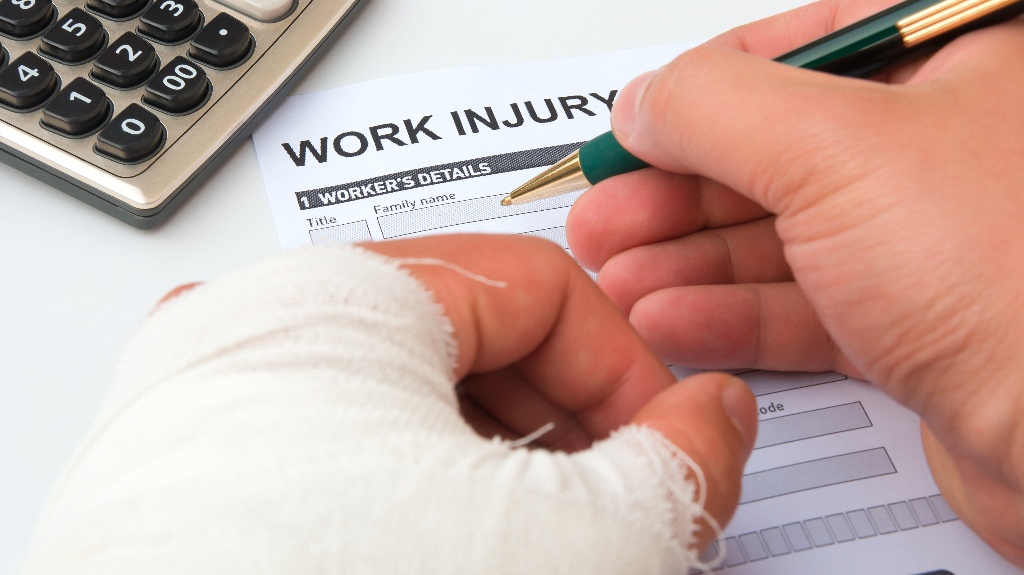
Workers’ compensation in Wisconsin is designed to protect employees who suffer injuries or illnesses directly related to their job duties. Whether you work in construction, healthcare, manufacturing, or an office setting, understanding what injuries are covered can help you navigate the claims process and secure the benefits you are entitled to.
The workers’ compensation lawyers at Axis Legal, LLC can help you after a work-related injury. Pursue the compensation you deserve with the help of our skilled attorneys. Schedule your free evaluation today.
General Coverage Overview
Under Wisconsin law, workers’ compensation covers both physical and mental injuries that arise out of employment. This includes:
- Accidental injuries sustained while performing job duties
- Occupational diseases caused by workplace conditions
- Mental injuries resulting from physical trauma or job-related stress (in limited cases)
Importantly, coverage applies regardless of fault. Even if the injury was partially your own doing, you may still be eligible for benefits.
Common Injuries Covered
Here are some of the most frequently covered injuries under Wisconsin’s workers’ compensation system:
1. Soft Tissue Injuries
Sprains, strains, and tears involving muscles, ligaments, or tendons are common in physically demanding jobs. These injuries often result from lifting, twisting, or repetitive motion and may require rest, physical therapy, or surgery.
2. Back and Neck Injuries
Lower back pain and cervical strain are prevalent among workers who lift heavy objects, sit for long periods, or experience falls. These injuries can be acute or develop over time due to repetitive stress.
3. Fractures and Broken Bones
Bone fractures can occur from slips, trips, falls, or equipment accidents. Whether it is a broken wrist, ankle, or rib, these injuries typically require immobilization, medical treatment, and time off work.
4. Burns
Thermal, chemical, and electrical burns are covered if they occur during work-related activities. Workers in manufacturing, food service, and electrical trades are especially at risk.
5. Cuts and Lacerations
Severe cuts may result from machinery, tools, or sharp objects. If stitches, surgery, or extended recovery are needed, workers’ comp benefits can help cover medical costs and lost wages.
6. Head Injuries and Concussions
Traumatic brain injuries (TBIs), including concussions, are often caused by falls, collisions, or being struck by objects. These injuries can have lasting effects and may require neurological evaluation and rehabilitation.
7. Repetitive Stress Injuries (RSIs)
Conditions like carpal tunnel syndrome or tendonitis develop over time due to repetitive tasks such as typing, scanning, or assembly line work. These are compensable if linked to job duties.
8. Hearing Loss
Employees exposed to loud machinery or environments may suffer gradual hearing loss. If proven work-related, this condition is eligible for compensation.
9. Vision Loss or Eye Injuries
Chemical exposure, flying debris, or malfunctioning equipment can cause eye injuries. Workers’ comp may cover treatment, rehabilitation, and assistive devices.
10. Mental Health Conditions
In limited cases, mental injuries, such as PTSD or anxiety, may be covered if they stem from a physical injury or traumatic workplace event. These claims often require detailed medical documentation and legal review.
Filing a Claim for Workers’ Compensation
To initiate a workers’ compensation claim in Wisconsin:

- Report the injury to your employer immediately.
- Seek medical attention from a licensed provider of your choice.
- Document everything, including how the injury occurred and your symptoms.
- Follow up with your employer’s insurance carrier.
- Contact a workers’ compensation attorney as soon as possible
If your claim is denied, you have the right to appeal and request a hearing through the Wisconsin Department of Workforce Development.
Schedule Your Free Consultation with a WI Workers’ Compensation Lawyer
Workers’ compensation in Wisconsin offers broad protection for employees injured on the job. From minor sprains to serious head trauma, most job-related injuries are covered if they occur within the scope of employment. If you were hurt at work, understanding your rights and acting quickly can make all the difference in your recovery and financial stability.
Worn down at work? Let the experienced Wisconsin workers’ compensation lawyers at Axis Legal, LLC review your case. Contact us today for a free, no-risk evaluation.

